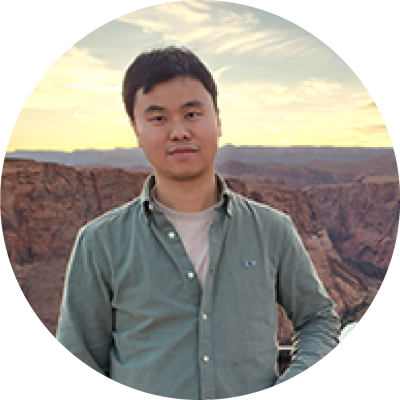
Qiang Liu
I focused on studying the local clock mechanism in regulating rhythmic behaviors. More than 50 years ago, the suprachiasmatic nucleus (SCN) was determined to house the master circadian pacemaker that coordinates nearly all daily biological rhythms in mammals. Since that time, the dominant paradigm for the organization of the circadian network has postulated that the SCN acts to synchronize local clocks throughout the body. In the brain, these local oscillators are thought to regulate individual rhythmic behaviors, but a discrete extra-SCN brain oscillator has never been previously identified. In addition to cyclical clock gene expression, brain oscillators should also exhibit rhythms of electrical activity. However, no genetic marker exists that labels electrically rhythmic neural circuits. In this project, we leveraged these observations and found that mWAKE labels an extra-SCN brain oscillator in the lateral amygdala (LA). We first show that mWAKE is enriched in a molecularly defined subregion of the LA (anterior-dorsal LA/adLA). Although the core clock protein Per2 cycles throughout the LA, we show that mWAKE-positive, but not mWAKE-negative, adLA neurons exhibit rhythmic intrinsic excitability. In contrast, expressing a clock-dominant negative virus in mWAKE-negative LA neurons does not affect Per2 cycling, even in the cells directly expressing the viral transgene. At a molecular level, the mechanisms mediating rhythmic excitability outside of the SCN are poorly understood. We show that mWAKE levels rise at night in adLAmWAKE neurons and upregulate BK current to inhibit the excitability of these cells at night. Finally, we show that, rather than modulating an individual behavior, adLAmWAKE neurons utilize distinct projections to produce clock- and mWAKE-dependent rhythmic changes in two different behaviors: touch sensitivity and anxiety. Our investigation of the first discrete extra-SCN brain oscillator also reveals new insights into the nature of the circadian timing network.
Questions & Answers
Why did you choose Johns Hopkins for your work?
I chose Johns Hopkins for my work because of the great scientists here and the highly collaborative teams.
What does receiving this award mean to you personally and professionally? Do you have any connection with the particular award you received?
It’s an exciting feeling to receive this award. This award can help me further my professional training and certification goals that I have set for myself and will, in turn, help my future career.
What contributed to your project’s success?
Working hard and being highly organized and collaborative. My mentor is Mark Wu.
What has been your best/most memorable experience while at Johns Hopkins?
When I got the Best Basic Science Oral Presentation award at the Sixth Annual Johns Hopkins Sleep & Circadian Research Day. Because that’s the first award I got at Hopkins.
What are your plans over the next year or so? Graduating, looking for faculty positions, etc.?
Looking for faculty positions.
Tell me something interesting about yourself that makes you unique.
One sentence from my life experiences: Try to stay positive no matter what the circumstances are.